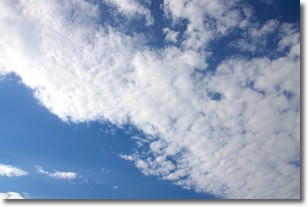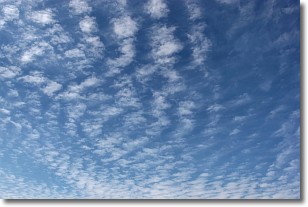Weather Alert in Washington
Fire Weather Watch issued July 30 at 4:07AM PDT until July 31 at 8:00PM PDT by NWS Spokane WA
AREAS AFFECTED: East Portion of North Cascades National Park / Lake Chelan National Recreation Area; East Washington North Cascades; Okanogan Highlands & Kettle Mountains; Colville Reservation; Okanogan Valley; Methow Valley
DESCRIPTION: ...HOT, DRY, AND UNSTABLE CONDITIONS WITH ISOLATED DRY THUNDERSTORMS WEDNESDAY AFTERNOON AND EVENING FOR ZONE 696... ...POTENTIAL FOR SCATTERED DRY THUNDERSTORMS FOR 697, 698, 699, 702, 703, 704 THURSDAY AFTERNOON AND EARLY EVENING... The National Weather Service in Spokane has issued a Fire Weather Watch for ABUNDANT LIGHTNING, which is in effect from Thursday afternoon through Thursday evening. * Affected Area: East Portion of North Cascades National Park/Lake Chelan National Recreation Area (Zone 697), East Washington North Cascades (Zone 698), Okanogan Highlands and Kettle Mountains (Zone 699), Colville Reservation (Zone 702), Okanogan Valley (Zone 703) and Methow Valley (Zone 704). * Timing: 1 PM to 8 PM Thursday * Thunderstorms: Scattered thunderstorms with abundant lightning. * Outflow Winds: Outflow boundaries near storms will bring potential for erratic wind gusts 30 to 50 mph and could travel quite a distance from the core of the storm. * Impacts: Very warm and dry conditions will be in place as storms develop Thursday afternoon. A mix of wet and dry thunderstorms combined with dry fuels will lead to the potential for new fire starts that may overwhelm initial attack capabilities. Gusty outflow winds could may result in rapid spread with any new starts.
INSTRUCTION: A Fire Weather Watch means that critical fire weather conditions are forecast to occur. Listen for later forecasts and possible Red Flag Warnings.
Want more detail? Get the Complete 7 Day and Night Detailed Forecast!
Current U.S. National Radar--Current
The Current National Weather Radar is shown below with a UTC Time (subtract 5 hours from UTC to get Eastern Time).

National Weather Forecast--Current
The Current National Weather Forecast and National Weather Map are shown below.

National Weather Forecast for Tomorrow
Tomorrow National Weather Forecast and Tomorrow National Weather Map are show below.

North America Water Vapor (Moisture)
This map shows recent moisture content over North America. Bright and colored areas show high moisture (ie, clouds); brown indicates very little moisture present; black indicates no moisture.

Weather Topic: What are Altocumulus Clouds?
Home - Education - Cloud Types - Altocumulus Clouds
 Next Topic: Altostratus Clouds
Next Topic: Altostratus Clouds
Similar to cirrocumulus clouds, altocumulus clouds are
characterized by cloud patches. They are distinguished by larger cloudlets
than cirrocumulus clouds but are still smaller than stratocumulus clouds.
Altocumulus clouds most commonly form in middle altitudes (between 2 and 5 km)
and may resemble, at times, the shape of a flying saucer.
These uncommon formations, called altocumulus lenticularis, are created by uplift
in the atmosphere and are most often seen in close proximity to mountains.
Next Topic: Altostratus Clouds
Weather Topic: What are Cirrocumulus Clouds?
Home - Education - Cloud Types - Cirrocumulus Clouds
 Next Topic: Cirrostratus Clouds
Next Topic: Cirrostratus Clouds
Cirrocumulus clouds form at high altitudes (usually around 5 km)
and have distinguishing characteristics displayed in a fine layer of
small cloud patches. These small cloud patches are sometimes referred to as
"cloudlets" in relation to the whole cloud formation.
Cirrocumulus clouds are formed from ice crystals and water droplets. Often, the
water droplets in the cloud freeze into ice crystals and the cloud becomes a
cirrostratus cloud. Because of this common occurrence, cirrocumulus cloud
formations generally pass rapidly.
Next Topic: Cirrostratus Clouds
Current conditions powered by WeatherAPI.com




